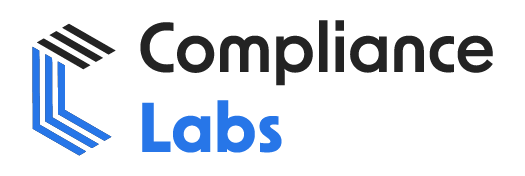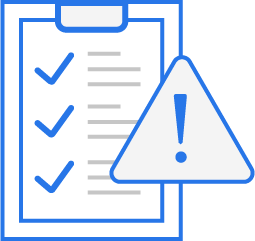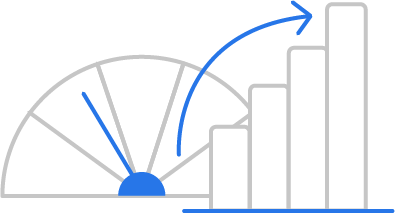The Health Insurance Portability and Accountability Act, commonly known as HIPAA, is a significant piece of legislation that has reshaped the landscape of healthcare in the United States. Established in 1996, HIPAA aimed to create stringent standards for the protection of sensitive patient health information. With the advent of digital data sharing becoming the norm within healthcare settings, HIPAA’s role in securing and ensuring the privacy of health information is more pertinent today than ever before. This law affects a broad spectrum of entities, including healthcare providers, health plans, and healthcare clearinghouses, all tasked with handling personal health information (PHI).
Understanding HIPAA
A Comprehensive Overview of HIPAA
To grasp HIPAA’s full implications, it’s essential to explore its historical context and objectives. The act was a response to pressing issues concerning health insurance accessibility, fraud, and abuse. With the rise of digital data, better privacy protections were needed to safeguard individual health information. The act’s core focus is to secure patients’ health information while also simplifying healthcare processes.
HIPAA was crucial amid the rapid expansion of electronic health records and the increasing need to exchange health data. It laid down a legislative framework aimed at upholding the confidentiality and integrity of patient records.
Furthermore, HIPAA empowers patients by affirming their rights regarding their health information. Patients are entitled to access their medical records, request corrections, and control how their information is used and disclosed by healthcare providers. This patient-centric approach enhances individual autonomy in managing health data, leading to more informed decisions about their care.
The Components of HIPAA
Key Rules and Regulations
HIPAA consists of several critical components designed to safeguard patient information, the most notable being the Privacy Rule and the Security Rule. Each regulation serves unique functions that collectively protect electronic protected health information (ePHI).
1. Privacy Rule: The HIPAA Privacy Rule establishes national standards for the protection of medical records and personal health information. This rule governs how healthcare providers, health plans, and other covered entities can utilize and disclose patient information.
Under the Privacy Rule, patients must be informed about the uses and disclosures of their health information. This involves providing a Notice of Privacy Practices, detailing the entity’s policies regarding patient data. Patients have the right to request access to their records, seek amendments, and restrict certain uses and disclosures. Crucially, healthcare entities are required to obtain patient consent for sharing sensitive information in non-standard situations, ensuring patients maintain control over their health records.
Organizations must also train employees on HIPAA compliance to enable proper handling of PHI. This includes implementing policies and procedures that align with HIPAA standards and fostering a culture of privacy within the workplace.
2. Security Rule: While the Privacy Rule addresses the general handling of PHI, the Security Rule is dedicated to the protection of electronic health information. This regulation mandates rigorous technical, administrative, and physical safeguards that covered entities must adopt to ensure the confidentiality, integrity, and availability of ePHI.
For example, entities are required to conduct detailed risk assessments to identify vulnerabilities in their systems. Based on these findings, organizations must implement access controls to restrict who can view or alter ePHI, significantly mitigating the risk of unauthorized access. Additionally, the use of encryption is emphasized to secure sensitive information during transmission and storage.
Moreover, the Security Rule requires organizations to develop incident response plans to manage any breaches that may occur, outlining methods for mitigating damage, assessing the impact on patient data, and notifying affected individuals—an essential step in preserving trust in healthcare systems.
The combination of the Privacy and Security Rules forms a robust framework that healthcare providers and related entities must adhere to, guaranteeing comprehensive protection for patient information in an evolving digital environment.
Compliance and Enforcement
Understanding HIPAA Compliance
Compliance with HIPAA isn’t just a legal obligation; it’s fundamentally a best practice for all entities managing health information. Covered entities must thoroughly understand and fulfill their duties under the Act while implementing necessary measures to achieve compliance. Non-compliance can lead to severe consequences, including hefty financial penalties and legal actions.
The Department of Health and Human Services (HHS) is responsible for overseeing HIPAA regulations’ enforcement, ensuring covered entities adhere to the standards. The enforcement process may involve targeted investigations and audits to evaluate compliance levels. Should violations be discovered, HHS possesses the authority to impose civil monetary penalties, which can vary based on the violation’s severity.
Beyond financial repercussions, non-compliance can lead to reputational damage, significantly undermining patient trust and operational effectiveness. With patients more aware of their rights concerning health information privacy, breaches of trust can have long-lasting implications.
In addition to formal penalties, organizations may be obliged to implement corrective action plans to rectify compliance failures. Such plans often involve revising existing policies, retraining personnel on HIPAA regulations, and conducting regular audits to affirm adherence to revised procedures.
Conclusion
In summary, HIPAA stands as a foundational regulatory framework within the healthcare sector, playing a critical role in safeguarding sensitive patient health information. As the healthcare industry evolves alongside new technologies, the imperative to prioritize HIPAA compliance has never been more pressing.




